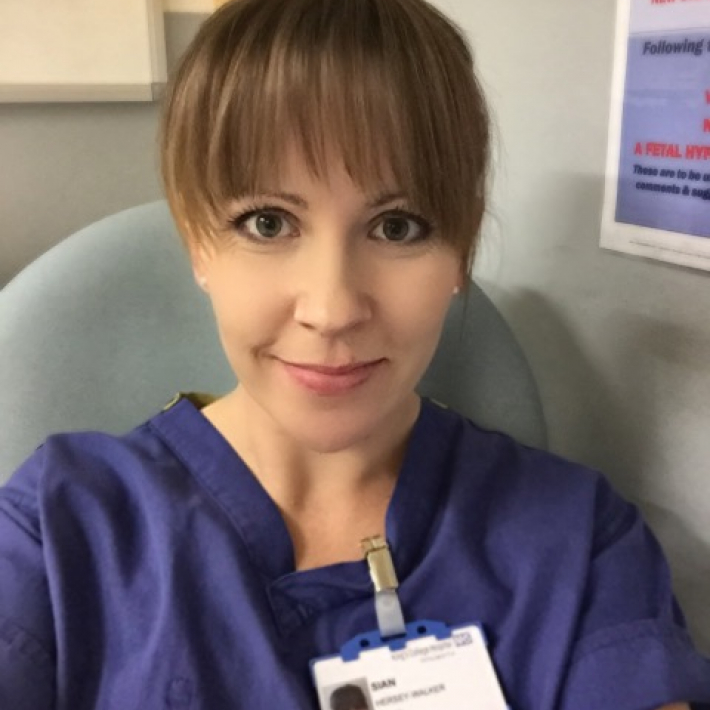Real-life story - Sian Hersey-Walker
Sian is a newly-qualified midwife. See her insight into the first few weeks of preceptorship and the step from student to newly qualified practitioner.

Every newly-qualified midwife is allocated a preceptor, a named person who is your first point of contact if you want to talk things over.